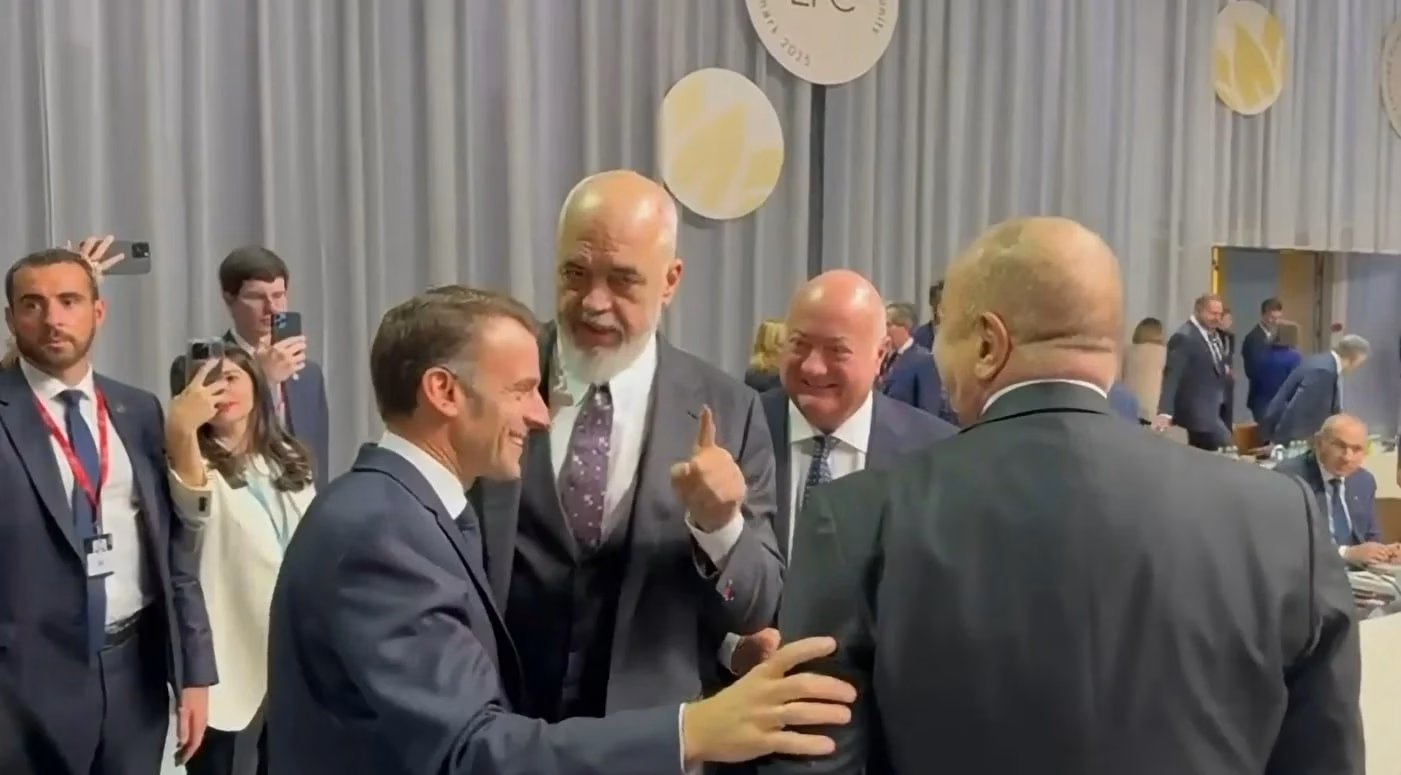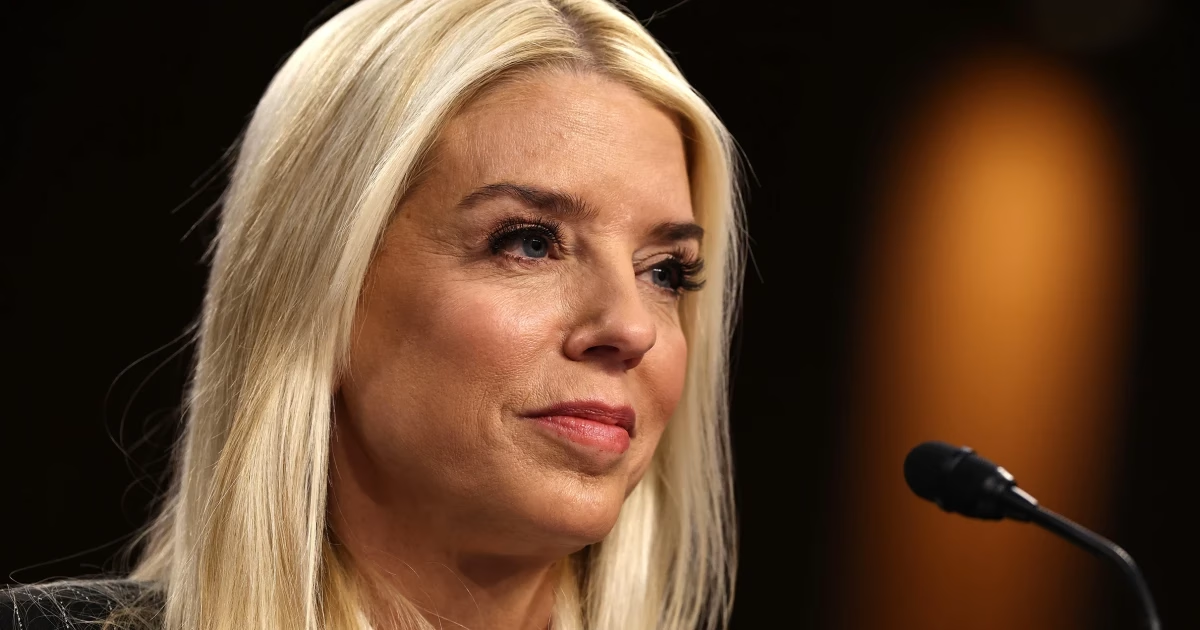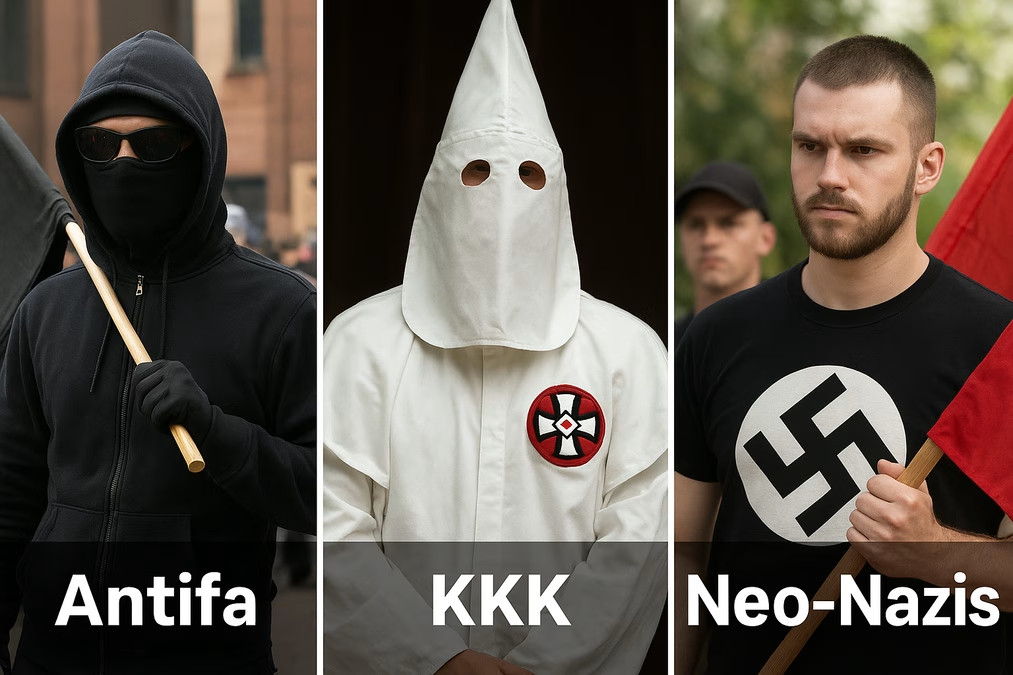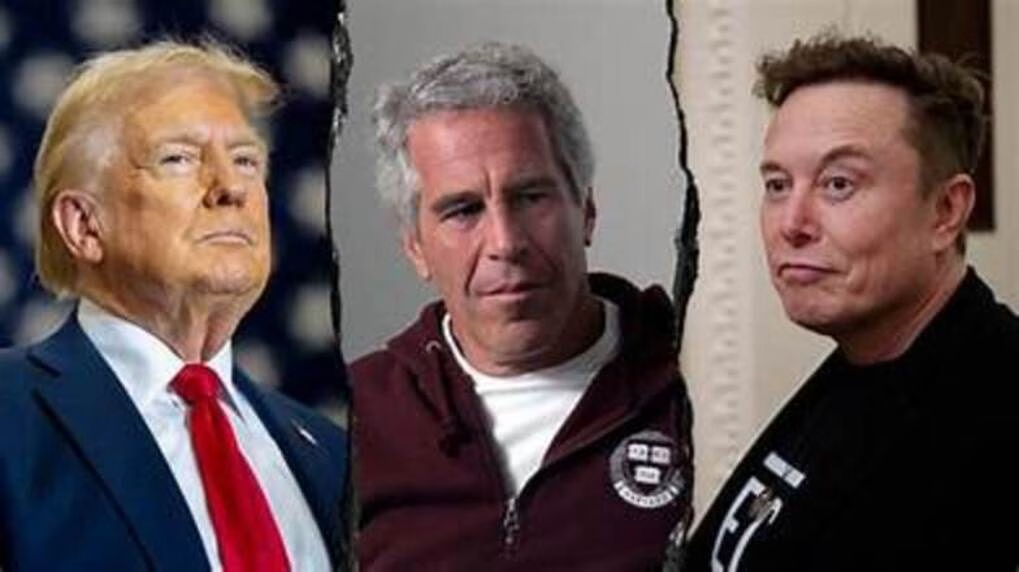By Tony Bruce | Friday, October 03, 2025 | 7 min read
Donald Trump has never been one to shy away from self-promotion, even when the facts don’t quite line up. Over the past year, the former president has repeatedly bragged about his supposed track record of “ending wars.” The number, however, seems to shift depending on the day. At one point he claimed he ended five wars. Later it was six. More recently, he raised the figure to seven. On other occasions, he stretched it to as many as ten. The problem with these boasts is that they crumble under even the most basic scrutiny.
Trump’s claims often have little connection to reality. In some cases, he tries to take credit for winding down conflicts that were already subsiding without his direct involvement. In others, he points to disputes that haven’t actually been resolved at all. And then there are the outright fabrications—wars that never happened in the first place.
One of the more bizarre examples came during an appearance on Fox News, when Trump proudly declared, “I solved wars that were unsolvable.” He then cited what he called a breakthrough in the conflict between Azerbaijan and Albania. There was just one small problem: Azerbaijan and Albania were never at war. What Trump seemed to have meant was Armenia, not Albania.
That slip quickly rippled across Europe and was noticed in the very countries he invoked. According to Politico, the gaffe became fodder for lighthearted mockery among leaders. Albania’s Prime Minister Edi Rama jokingly told French President Emmanuel Macron that Trump deserved an apology for not being congratulated on his supposed peace deal between Albania and Azerbaijan. The president of Azerbaijan, Ilham Aliyev, reportedly laughed along at the quip. Macron, playing into the joke, replied with a straight face, “I am sorry for that.”
On the surface, one might dismiss this as a harmless geographical mistake. After all, world leaders juggle countless names, places, and acronyms; a slip of the tongue could happen to anyone. But in Trump’s case, the error is part of a much larger pattern—one where exaggeration, self-congratulation, and misstatements collide with his deep aversion to being mocked. And that’s where the sting lies. For Trump, being laughed at on the world stage isn’t just a minor embarrassment; it’s the one thing he can’t seem to shrug off.
History shows this is hardly the first time foreign leaders have made light of him. In 2019, Macron, then–Canadian Prime Minister Justin Trudeau, and Britain’s Boris Johnson were caught on camera at a Buckingham Palace reception, seemingly poking fun at Trump’s long-winded press appearances. The clip quickly spread across social media, showing three powerful allies giggling at the American president’s expense. The year before that, at the United Nations General Assembly, Trump bragged during his speech that his administration had achieved more than almost any in U.S. history. The room, filled with diplomats from around the globe, erupted in audible laughter. He paused, visibly flustered, then tried to play it off with a smile.
Moments like these have piled up, undermining Trump’s repeated claims that he restored “respect” for the United States abroad. His narrative has always been that under his leadership, America was finally being taken seriously again, feared by its adversaries and admired by its allies. Yet the evidence often points in the opposite direction. Many of his foreign counterparts seem to view him less as a formidable statesman and more as an object of ridicule—someone whose overblown statements are met with eye rolls, whispers, or outright chuckles.
This contradiction between Trump’s self-image and how he is perceived internationally is not trivial. It cuts at the heart of how leaders build influence and command authority. While he may still resonate with a segment of the American public that enjoys his brash style and unfiltered rhetoric, the global stage operates differently. For foreign leaders, diplomacy is built on credibility, consistency, and trust. When Trump inflates his accomplishments, confuses countries, or makes up achievements wholesale, it doesn’t enhance America’s standing—it erodes it.
The latest Albania-Armenia blunder couldn’t have been scripted better for late-night comedy. What was supposed to be another grand claim of Trump-as-peacemaker instead collapsed into a punchline at a table full of European leaders, who laughed at his expense. And given how thin-skinned he is about ridicule, it’s almost too easy to picture Trump fuming as the story spread across the globe.
Meanwhile, his allies at the FCC and within the Republican orbit must have been grinding their teeth, forced into the thankless job of pretending it wasn’t embarrassing. One imagines the mood in those circles was less “damage control” and more “how dare they laugh at our guy.” If frustration made noise, Washington might’ve sounded like a beehive that day.
But this is the paradox of Trump’s public persona. He thrives on bold claims, often untethered to facts, because they play well with his political base. Yet those very same claims leave him vulnerable to ridicule on the world stage, where facts matter more and patience for bluster runs thin. In a way, he is trapped in a cycle of his own making: exaggerate, get caught, get mocked, then rage at the mockery—only to exaggerate again.
As the world watches Trump inch closer to another presidential run, these moments of international derision will not fade quietly into the background. They serve as reminders of how other leaders actually see him: not as a master negotiator who ended countless wars, but as someone whose words often outpace reality. And while his supporters may brush off the laughter as jealousy or political gamesmanship, the truth is simpler. For many world leaders, Trump is not feared, respected, or even admired. He’s the punchline to a joke they can’t stop telling.
And that’s the danger. A president who is more often mocked than trusted is a president who weakens his own nation’s credibility. The world doesn’t laugh at American strength—they laugh when it’s squandered. Trump may insist he commands respect, but the smirks, the chuckles, and the quiet mockery tell another story: one of a man desperate to be taken seriously, yet incapable of earning that seriousness. If he returns to power, the risk isn’t just more laughter—it’s that America itself becomes the joke.
Best Friends in Infamy: The Statue of Trump and Epstein, and the Art That Won’t Be Silenced
Comey’s Charges Had Nothing to Do With Russia Interference — This Was Trump’s Payback
Epstein Files Put Musk Back in Spotlight—Could Tesla’s $29 Billion Shareholder Payout Be at Risk?
The Flagrant Kingmakers: Musk, Thiel, and Bannon Surface in Newly Unsealed Epstein Files
Mexico Is Not the Origin of the Drug Trade—Europe and Big Pharma Were There First






